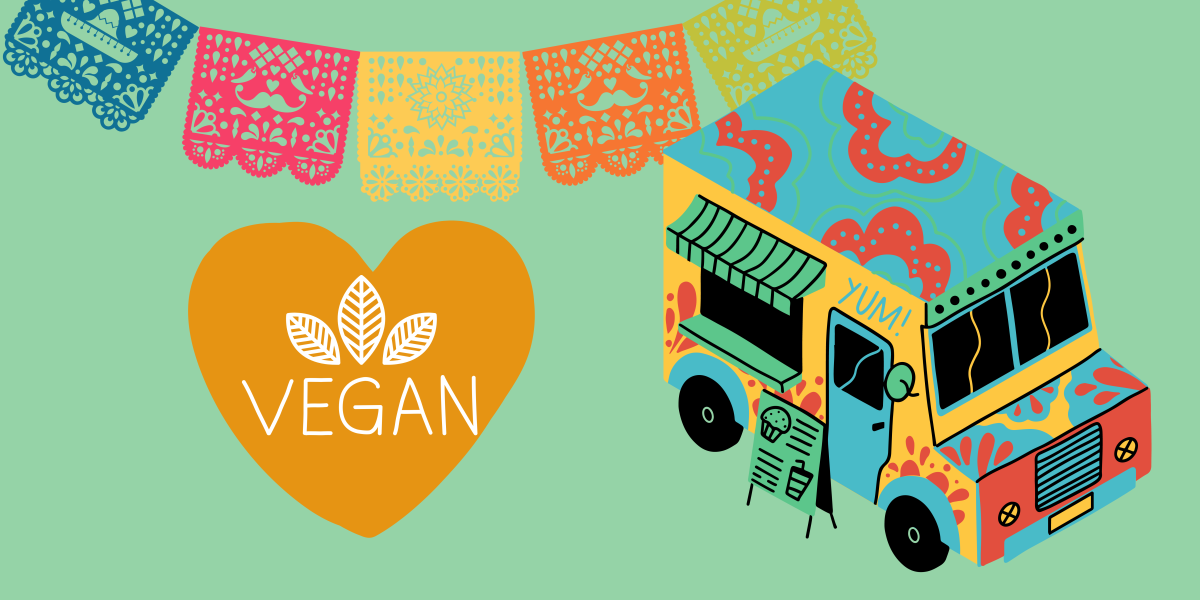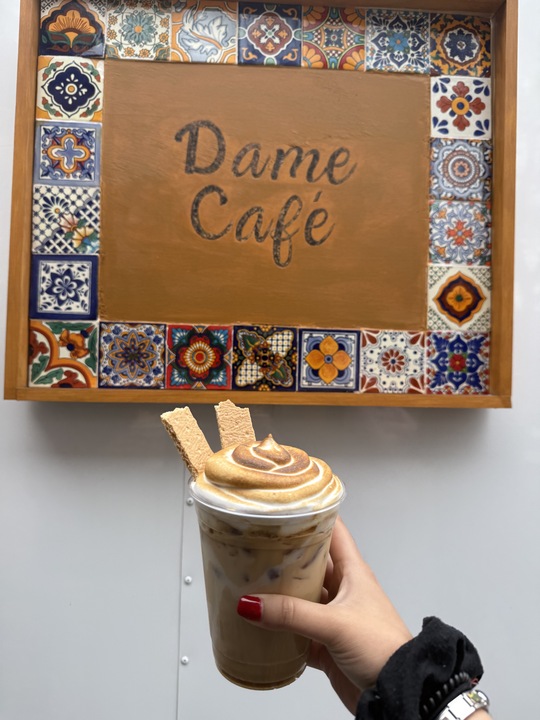No one can relate to the feelings of a baby cow more than Lauren Ornelas can.
“My mom was taking care of my sisters and I and she would have to leave me places and I would miss her,” Ornelas said.
“I would see the cows in the fields and I would think, ‘I don’t want to be responsible for their suffering and their pain,’” Ornelas said. “You know, the baby waiting for the mom or mom waiting for the baby, and somebody decided to eat them.”
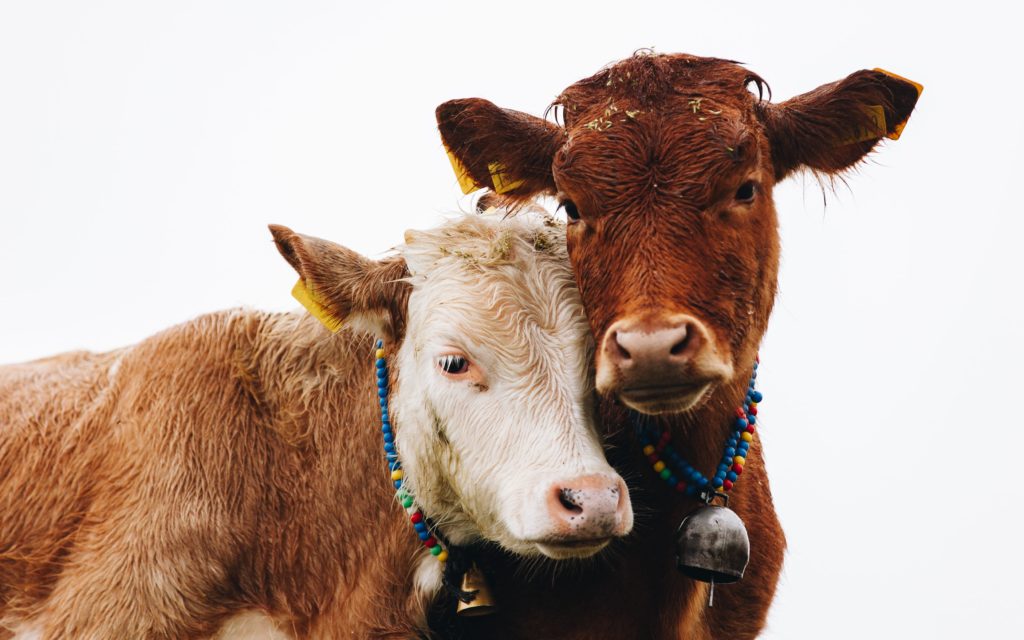
Ornelas is the founder of the Food Empowerment Project and Vegan Mexican Food Recipe site. Latinx vegetarians/vegans like Ornelas are used to receiving gasps and skepticism from family members after shifting to a plant-based lifestyle. For years, a certain image has dominated the vegan and vegetarian world, and that image didn’t always include people of color.
“I think it’s because a lot of what has been brought to people talking about these issues have been white people,” Ornelas said. “But (it) hasn’t been the brown or Black people whose cultures didn’t consume a lot of animal products, or were (already) vegetarian or vegan.”
Even though the Latinx community and other communities of color have started to break through the white noise of veganism, the relationship between veganism and the Latinx community is strained, which makes life as a Latinx vegetarian a bit… complicated.
The complication starts with the word itself. Ornelas said part of the reason why the words vegetarian and vegan scare some Latinx people away is because of who’s been in the spotlight.
“I think that (vegetarianism) seems kind of a white thing, because that is what is always presented and part of that’s right because we don’t get the same platform,” Ornelas said.
While food is a big part of Mexican culture, Ornelas added there’s a misconception that meat is also a big part of Mexican culture. She said many of Mexico’s Indigenous people weren’t big on meat and the idea of Mexicans and a plant-based lifestyle isn’t as far-fetched as people tend to think.
“Our ancestors weren’t vegan by any means but they weren’t consuming animals that much,” Ornelas explained “They just weren’t eating (meat) like people do today and they certainly weren’t doing dairy until…Columbus, who brought the cows and the goats over.”
Indigenous people weren’t exactly vegan, but a lot of what they ate would’ve been beans, corn and a whole lot of plants.
Veganism and culture is still a complicated thing with many parts to it. Ornelas and her sites are trying to make the parts into smaller bite-sized pieces for people to understand. While the sites were created to share recipes for vegan Mexican food, they also share information on systematic food barriers, farm worker issues and more problems connected to veganism.
“We work to show that these issues are connected. The food system harms many and so our work is trying to get people to make these connections, and also to use their food choices as a way to create change,” Ornelas said.
Now, she hopes that Vegan Mexican Food can be her way of giving back to the community she loves so much. She hopes to change the fact that many Latinx people suffer from diabetes, high blood pressure and other health issues.
“It’s one thing we can give back to our families, right?” Ornelas said. “I mean, to be able to give these recipes that are actually healthier for them, so that we can lessen the diabetes rates and heart attacks.”
La Vegetariana
In her four years of being a vegetarian in a Mexican household, Stephanie Nunez, a biochemistry sophomore, has had to learn a thing or two.
For example, she’s learned that with the right seasoning and a good amount of patience, mushrooms can taste pretty darn good in enchiladas.
“Quite honestly, with mushrooms, if you season them really well you can try and get them to taste like meat,” Nunez said.
She’s also learned that while her Mexican, mean looking, mustache havin’ dad may look like a tough guy, his search history exposed his soft spot for Pinterest feeds and Youtube videos of old white women cooking vegetarian food.
“My dad’s a mechanic and has a mustache and it’s so funny to see him on Pinterest.” Nunez said. “He got really excited, because the other day on YouTube he found this Mexican woman who does vegan recipes and vegetarian recipes. But sometimes he’ll be watching these, like old little white ladies on Youtube and he’ll be taking notes.”
She’s learned how to overcome a lot over the years, like all the jokes from her brother about being a bunny and the speculation from family members about it.
“The conversation would go the exact same way, I would tell them, ‘Oh, I don’t eat meat anymore’ and they’d be like, “Why? Because of the animals?’’ Nuez said. “And then I’d be like, ‘Well, I guess, but also just makes me feel really sick so I just decided to stop eating it,’ and then they’d be ‘That’s really weird, but like, why?’ and we just kind of continue that way.”
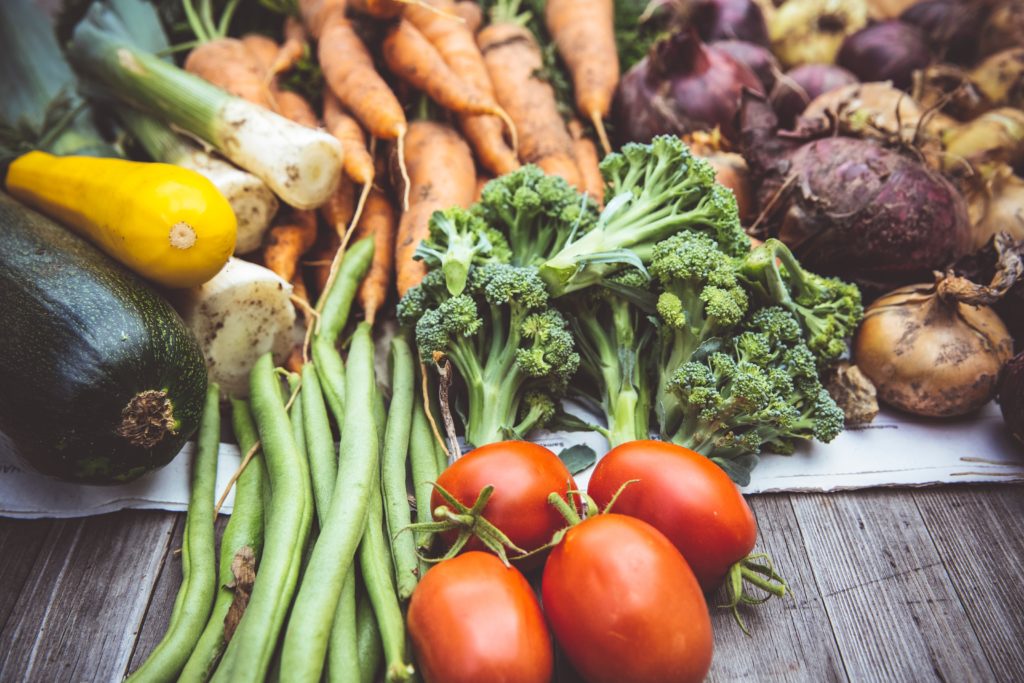
However, one of the hardest parts of her journey wasn’t learning how to tackle mushrooms. She said the hardest part was learning how to find new ways to connect in her culture’s love language.
In Mexican culture, food is a type of love language. For me, every time I come home from college, my mom always serves me more than I can chew just to remind me that she loves me more than I’d ever know. For many other Mexicans, it’s not uncommon for an “I love you” to be disguised as a “Let me make you some food.”
For Nunez, it was hard to gauge how that love language would change, especially when she wasn’t able to eat a lot of the foods that conveyed love.
Nunez remembers the times she was sick and the only thing that would make her feel better wasn’t any type of medicine. It was her mother’s caldo, a soup made with chicken. Being vegetarian meant letting go of food with meat in it, but for Nunez, it also meant letting go of the memories and love that went with it.
“My dad and my mom would make it for me if I was feeling sick, or if it was cold, or if I had a tough day, like, my family would make it for me because it was my favorite,” Nunez said. “And there’s really no substitute for that so it’s kind of hard to let go of dishes like that.”
While Nunez said food has always been a big deal in her culture, the ability to cook for loved ones is an essential part of the Mexican love language, mentioning how her grandma’s recipe books serve 12 people for that reason.
“That’s just so beautiful to me,” Nunez said. “It’s like you’re anticipating that you’re going to be taking care of that many people and you’re wanting to feed that many people and it’s just, I think food is really important in Mexican culture.”
Before she was able to find recipes with her dad, Nunez said her mom had a hard time cooking for her, making it a little tricky to express love through food.
“My grandma, my mom would get kind of stressed out about it (and say) ‘Well, what am I going to cook for you?’’ Nunez said.
Despite this, Nunez said the challenges helped her family realize that cooking is simply better together and that maybe an “I love you” can also be translated to “Let’s make dinner.”
Although they haven’t quite perfected mushroom tacos and they’re still dabbling with tofu tacos, Nunez said the effort is what matters most.
“It just means a lot to me to have my parents supportive about it,” Nunez said. “It’s really touching that they care so much about me that they’re willing to learn a lot of new things that were foreign.”
Food continues to be a love language for Nunez and her family. It just looks more green and less lean.
“We’ve been able to create kinds of new foods that have helped me still connect to my family like they’re still Mexican food,” Nunez said. “I don’t feel like I’m severed from my culture. I still feel connected to my family and my culture through the food.”
THE EXECUTION
Tacos and traditions look a little different at Sergio Tamez’s food truck. Sure, food lovers can order the usual kind of tacos — sizzling carne asada tacos, fiery fajita tacos and even crunchy chicharones.
But, inside the tacos, is anything but traditional. Every option on Nissi Vegan Mexican Cusine’s menu is completely plant-based. The “meat” is a soy protein Tamez makes homemade—even their queso is vegan.
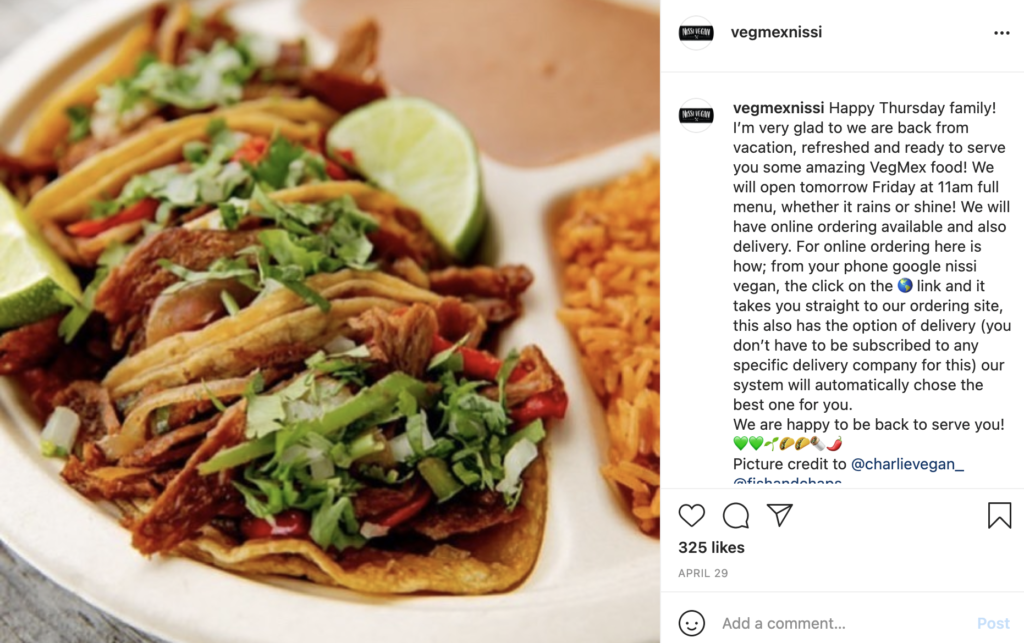
In a culture where sometimes an “I love you” is said through a home cooked meal, Tamez understands the impact traditional Mexican food can have on people’s lives. He said it’s part of the reason why he and his wife opened up their food truck.
When him and his wife moved from Dallas to Austin and started their vegan journey, they couldn’t find any food that checked all three boxes — good, vegan AND authentic.
“We started going vegan and we had a hard time finding places that were authentic, or, you know, something that was something that we liked,” Tamez said. We kind of are picky eaters.”
Inspired by their family’s cooking and their own passion for it, Tamez and his wife took matters into their own hands and started the food truck in 2018.
“Cooking was always a hobby so I have my own recipe book, my wife has her own recipe book and we just combine things,” Tamez said. “For example al pastor, that’s her recipe. Carne asada, it’s my recipe. The red salsa is her recipe, the green salsa, it’s mine. So it’s a combination. It’s like a team.”
While the business has been up and running for a couple of years now, the journey was not easy. A lot of their now popular recipes were the results of hundreds of failed experiments and a whole lot of teamwork.
“You eventually will throw out a lot of food because, (you’ll be) like, ‘Oh, man. I cannot eat this,’’’ Tamez said. “It was like, months, months of trying to and lots of money. Lots of it was a big investment.”
However, once they did get their recipes right, they loved sharing their creations with Austinites.
“I was thinking more on the pleasure of eating, not just eating bland food,” Tamez said. “I thought about it more by providing a more delicious, or a better tasting food.”
Still, Tamez understands why Latinx people are skeptical when they see things like birria tacos, tacos made out of goat meat, with no actual meat on his menu. He was even a skeptic himself. Tamez said when his cousin became a vegan he didn’t understand why until he started to transition to a vegan lifestyle himself.
“He went all the way to veganism and then, at some point, I was like, ‘Man, something’s wrong with your head!’’ Tamez said. “But then we watched several documentaries on Netflix. He made me look a little bit deeper and then we decided to start transitioning. It was a long transition but we finally became vegan.”
While he knows the conversation surrounding veganism and Mexican culture isn’t going to change overnight, he hopes that places like Nissi can start to change minds, hearts and feed families for generations to come.
“A lot of people get discouraged when they see the vegan word,” Tamez said. “But when they try it out and they’re like okay! You know, they really enjoy it.”
Featured image courtesy of Kara Fields































